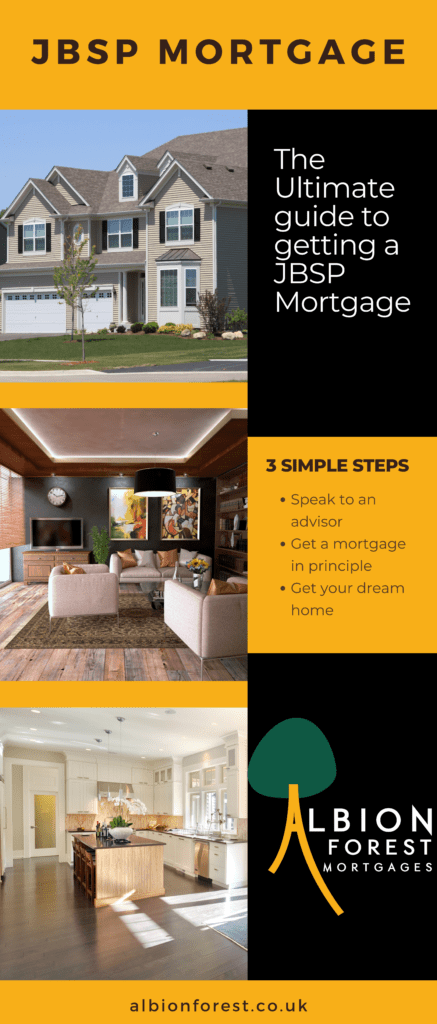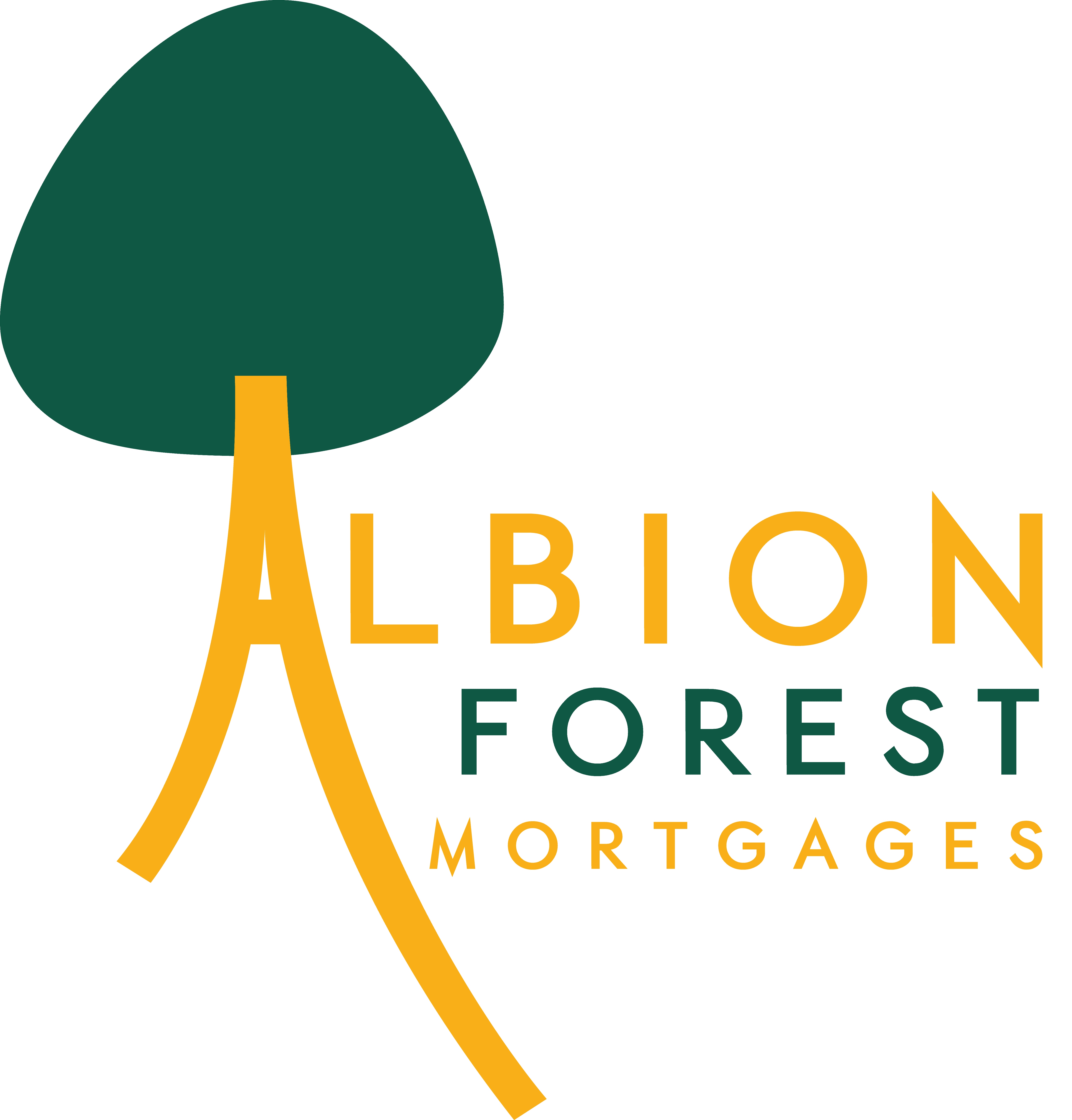Joint Borrower Sole Proprietor / JBSP Mortgage
Joint Borrower sole proprietor Mortgage (JBSP Mortgage) is becoming more and more popular to help people maximise the amount they can borrow. Below we answer all your questions about it.
You voluntarily choose to provide personal details to us via this website. Personal information will be treated as confidential by us and held in accordance with GDPR May 2018 requirements. You agree that such personal information may be used to provide you with details of services and products in writing, by email or by telephone. By submitting this information you have given your agreement to receive verbal contact from us or one of our trusted partners to discuss your mortgage requirements
What's in this article
What is a Joint Borrower Sole Proprietor Mortgage?
A JBSP mortgage or Joint Borrower Sole Proprietor Mortgage is a mortgage where you have multiple people responsible for the mortgage, but only one owns the home.
What this means is that someone with a low income can use another person’s income to get their home. Commonly used by parents who want to help their children get their first home but don’t want to be on the deeds to the home.
A Joint Borrower Sole Proprietor (JBSP) mortgage can be difficult to get, and the lender will likely take the person helping get the mortgage’s liabilities into account. This may be their mortgage, loans, credit cards, etc. They also will take both your credit histories into account when assessing your application.
How does a JBSP Mortgage work?
JBSP Mortgages work similarly to other types of mortgages, with the primary borrower being responsible for making all of the loan payments. The secondary borrower may also be required to provide financial information and sign documents, and may be held liable for the loan if the primary borrower fails to make payments.

What is the Joint Borrower Sole Proprietor Age Limit?
There isn’t really a Joint borrower sole proprietor age limit. Some lenders may limit the age of the eldest person on the mortgage to 70 or 80. However, there are lenders that will ignore the age of the non-proprietor on the mortgage, allowing a longer term based on the person actually buying the property. This person is usually younger and therefore able to continue the mortgage over a longer period.
How much is joint borrower sole proprietor mortgage stamp duty?
The normal rules for stamp duty will apply. However, as the non-proprietor is not buying a property, and is only going to be a party to the mortgage, they are unlikely to have a stamp duty liability. This is beneficial for people wanting to go on the mortgage without the big bill that comes from stamp duty on a second home.
What are typical Joint Borrower Sole Proprietor Mortgage Rates?
Joint Borrower Sole Proprietor (JBSP) Rates can vary from lender to lender. However, some lenders will use their standard interest rates from their standard product line. Whereas some lenders will offer mortgage applicants a specialist range of products with potentially higher mortgage rates.
The interest rate on a JBSP Mortgage is typically higher than the interest rate on a traditional mortgage because there is more risk involved for the lender. However, the interest rate will still be based on the creditworthiness of both borrowers and the overall financial stability of the household
How do I Qualify for a JBSP Mortgage?
To qualify for a Joint Borrower Sole Proprietor Mortgage, both borrowers must meet the standard qualifying criteria for a mortgage loan. This includes income, employment history, credit score, and debt-to-income ratio. In addition, both borrowers must have a sufficient down payment and closing costs.
What JBSP Mortgage lenders are there?
There are not many lenders that offer a Joint Borrower Sole Proprietor mortgage. The main ones would probably be Barclays or Metro Bank. However, it can be a complex matter if you are trying to get a JBSP mortgage, which is why often people look to a specialist JBSP mortgage advisor. This means they can therefore have their application packaged correctly to have the greatest chance of getting accepted.
You are limited on JBSP mortgage lenders and may find that you only fit with one or two when you speak to an advisor.
Do you have a JBSP mortgage calculator?
You can generally use a lender’s normal calculator as a JBSP mortgage calculator. Our mortgage calculator can give you a rough idea of how much you may be able to borrow. Just add up all the income from everyone you want on the mortgage and enter it on the calculator. We can give you a more accurate idea of how much you can borrow if you can spare us ten minutes over the phone.
The reason a JBSP mortgage calculator is not very accurate is because they tend to only ask basic questions such as your income and age. To work out how much you can borrow accurately we need more information than that.
Applying for a JBSP Mortgage
When you are ready to apply for a JBSP Mortgage, you will need to provide proof of your income and employment status, as well as your credit history. This is so the lender can assess whether you can afford the repayments on the mortgage.
You will also need to provide information about the property you are looking to purchase, as well as get a valuation report. The lender will use this information to decide how much they are willing to lend you.
Once you have submitted your application, the lender will carry out a credit check and may ask for additional information. If they are happy with your application, they will offer you a mortgage in principle. This is an agreement in principle that states how much they are willing to lend you, based on the information you have provided.
It is important to remember that having a mortgage in principle does not guarantee that you will be offered a mortgage, as the lender may ask for further information or reassess your application before offering you a mortgage.
Who can be on a Joint Borrower Sole Proprietor (JBSP) Mortgage?
Usually, a non owner on a JBSP mortgage will be a family member. Often this can be a parent. However, be aware that if it is a Parent this may limit the term of your mortgage based on their age.
Some of the common people that can be a Joint Borrower:
- Parents
- God-parents
- Aunts/Uncles
- Siblings
- Children
- Brother-in-law/Sister-in-law
- Grandparents
- Potentially extended family members
What income can be used for a JBSP Mortgage?
Most types of income can be used for a JBSP Mortgage, including:
- Employed Income
- Self Employed Income
- Income from Property
- Pension Income
- Dividend/Investment income
Can I get a Joint Borrower Sole Proprietor mortgage with bad credit?
If you have a bad credit history you may struggle with some of the high street JBSP mortgage lenders. However, there are some Joint Borrower Sole Proprietor mortgage lenders that accept some bad credit history situations.
If you think you may have bad credit history the first thing you should do is check it with a credit reference agency. For this, we recommend that you use Checkmyfile. They can show you your credit history with the main three credit reference agencies that lenders tend to use.
Once you have your credit report speak to a JBSP mortgage broker to find out which lender would be best for your situation.
Deposit for a JBSP mortgage
This will vary depending on your credit history and situation in general. However, most lenders will want the same deposit for a JBSP mortgage as any other residential mortgage. The general rule for a JBSP mortgage is more is better.
You may also require a larger deposit if you have a lower credit score. This may mean that you need a Joint Mortgage with a specialist lender with potentially higher mortgage payments.
5 Things you should know about a JBSP Mortgage
- All parties will be liable for the mortgage, but not all will have a claim to the property. – Sounds obvious, but just because you are on the mortgage does not mean that you are entitled to a claim on the property. Only the proprietor has a claim to the property. However if they don’t pay the mortgage, all parties on the mortgage are liable for it.
- It will likely go on all your credit files. This shouldn’t have too much impact but should definitely be considered before application. Seeking independent legal advice should also be considered.
- Limited lenders – We’ve covered this above, not all lenders offer Joint borrower Sole Proprietor mortgages. Therefore don’t assume your bank offers them, feel free to ask, but chances are they don’t offer them unfortunately.
- Credit history – Everyone on the mortgage will probably be credit checked. This means you all need to fit the criteria with the lender.
- All liabilities of all parties will be taken into account when calculating affordability. So any existing mortgages, loans or credit cards will be taken into account and may reduce your affordability.
JSBP mortgage FAQS
If I help someone with a JBSP mortgage, do I have to pay a second charge stamp duty?
If you are the joint borrower but not home owner you would not have to pay the extra 3% that is usually payable when buying a second home. This is because you will not be a legal owner of the property, however you will be a party to the mortgage.
How do I end a JBSP mortgage?
If you no longer want to be a part to the JBSP mortgage for one reason or another you will need a deed of release.
You will only be able to do this with permission of the lender. They will also more than likely require that the other person on the mortgage will now be able to afford the mortgage on their own. This therefore can be tricky if they needed you for affordability in the first place.
Your other option would be to sell the property and settle the mortgage from the funds. This is generally the route most end up taking as the property owner may not be able to afford the property on their own.
Got a question we haven’t answered? Get in touch and we’ll answer it and likely add it to this article to help others!
A mortgage article by Mark Robinson – Mortgage & Equity Release Broker

Why Albion Forest?
- Raising The standards of financial advice
- Making financial advice accessible to all
- Trusted & stress-free financial advice
- Friendly, personable advisors


